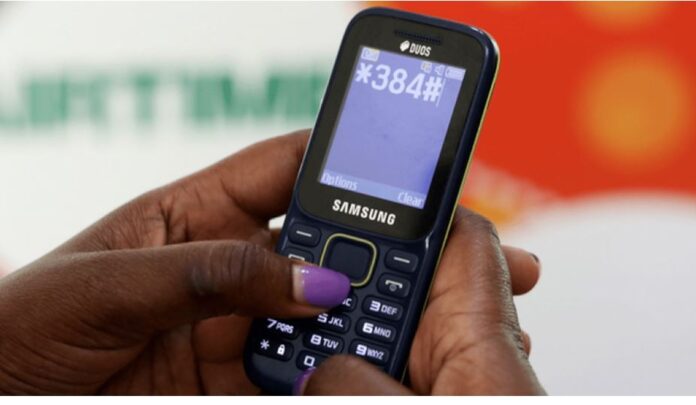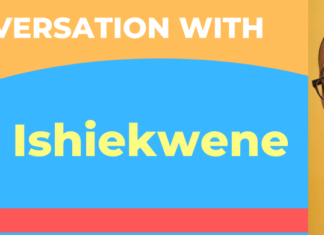Banks ramp up N120b USSD debt, bank customers will be hit
By Jeph Ajobaju, Chief Copy Editor
Telecom firms have threatened to end Unstructured Supplementary Service Data (USSD) platform because of N120 billion debt owed them by banks whose customers use the channel for electronic transactions.
The debt reached N100 billion in the first quarter of 2023 (Q1 2023) and the Association of Licensed Telecoms Operators of Nigeria (ALTON) Chairman Gbenga Adebayo said banks failed to pay up, which has increased the debt to N120 billion.
“Discussions are ongoing, we have regulatory intervention by both the Central Bank of Nigeria (CBN) and the Nigerian Communications Commission (NCC) at a very high level. Some of the banks are paying while others seem waiting until service is withdrawn in an attempt to test our resolve to get them to pay,” he disclosed.
“If this CBN/NCC intervention fails, we will withdraw USSD service from debtor banks at some points. The outstanding now is in the region of N120 billion and no sector can survive the magnitude of rising debt.
“The banks have a moral obligation because these are services for which money has been deducted from their customers.”
The debt has mounted for over five years now.
A fee of N6.98 has been charged per USSD transaction since 16 March 2021 as agreed by the Ministry of Communications and Digital Economy, CBN, and NCC
The agreement said the new USSD charges would be collected on behalf of mobile network operators (MNOs) directly from customers and banks would not impose additional charges on customers for the use of the channel.
Before the N6.98 per transaction regime, a typical USSD session lasting 20 seconds cost ₦4.98.
A statement jointly signed by the NCC and CBN on the N6.98 fee said: “This replaces the current per session billing structure, ensuring a much cheaper average cost for customers to enhance financial inclusion.
“This approach is transparent and will ensure the amount remains the same, regardless of the number of sessions per transaction.”
__________________________________________________________________
Related articles:
ePayments failure rises as banks owe N45b USSD debt, IT workers emigrate
Bank staff steal N3.6b through ATMs, PoS, mobile channels
Customers seek intervention as EFCC confirms bank staff carry out illegal withdrawals from accounts
__________________________________________________________________
Customers complain of frustration
ePayment transactions reached N49.48 trillion in March but poor quality service threatens to wipe out the gains of the sector, according to reporting by The Guardian.
Customers are frustrated by services they get via USSD platforms and bank apps, which they claim are very slow and unresponsive most times.
This has forced many customers to throng banking halls to lodge complaints.
“For almost two days, we could not do anything via the banking app. We even learnt the app crashed. So, many transactions hanging! The Central Bank of Nigeria needs to do something about this issue,” a Zenith Bank customer, Kehinde Alesh, told The Guardian.
A UBA customer, Ikechuckwu Ibeh, added: “When I got to the bank, there was no network. I dropped my transactions with one of the trusted staff; she called me back around 3pm that they were still having network glitches and had to cancel the transaction.
“The banks need to invest more in infrastructure! The app is slow, USSD transactions are failing … you should have been at the bank to see the crowd. It is just annoying. The CBN should act fast before the sector collapses.”
BudgiT Foundation Nigeria Country Director, Gabriel Okeowo, said apart from the need to supply new naira notes, there is an urgent need for an overhaul of banks’ IT infrastructure for effective implementation of the CBN cashless policy.
His words: “If what is in circulation right now are the old naira notes, it then means even the new naira notes are not available. Also, as we speak, the queues have not completely gone, electronic transactions still decline and money [debited in accounts without payment] is not reversed within 24 hours in most cases.
“Furthermore, the internet infrastructure is not advanced enough for effective electronic transactions. If all of these are not put in place, I see a possibility of the extension of the deadline for the use of old naira notes beyond December 31.”











